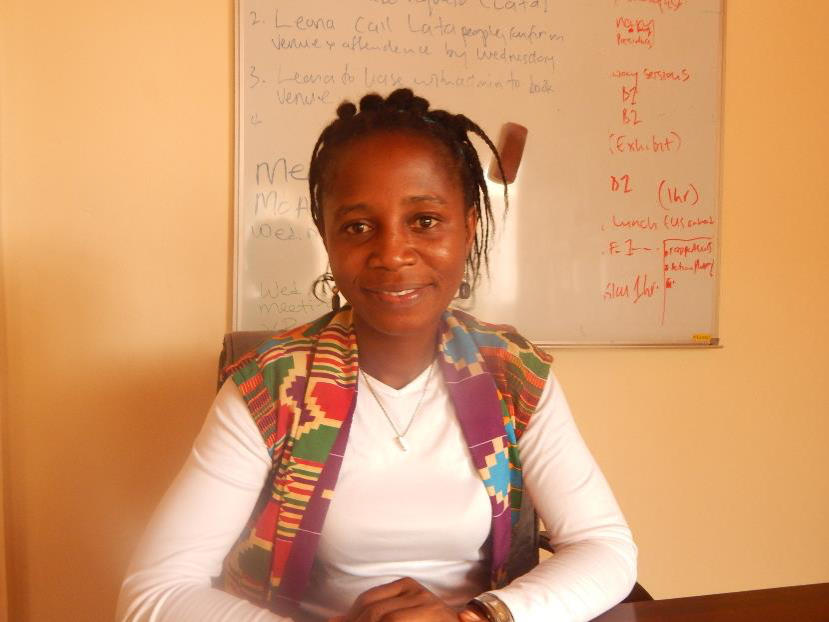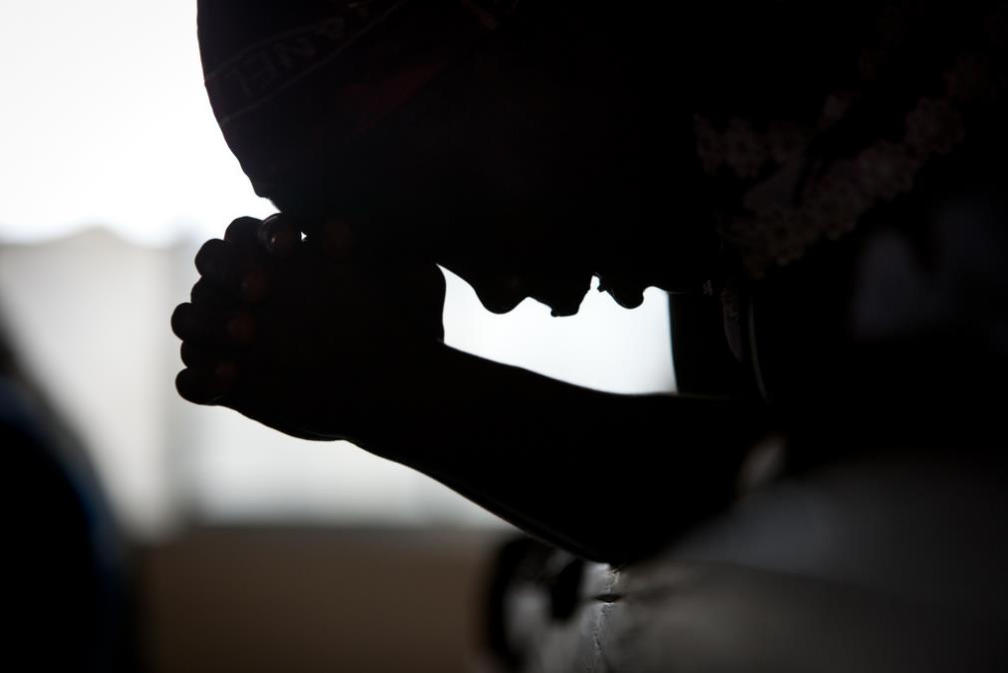MONROVIA, Montserrado – While the #MeToo movement has picked up in U.S. and other western countries, in Liberia, there is barely any movement against sexual harassment in the workplace.
In Liberian workplaces, employees – most often women – face comments and unwelcome physical touches that they often just brush off and ignore. In some cases, it appears to be a cultural norm that women may feel they should deal with; in other cases, many women may not know if and that they can take actions against sexual harassment in the workplace.
There have rarely, if ever, been high profile cases of prosecutions for sexual harassments perpetuated in workplace, although the act is a crime prescribed by laws.
Facia Harris, the executive coordinator for Paramount Young Women Initiative, says things are this way because Liberian society in general – including victims – overlooks workplace sexual harassment as if the act was acceptable.
“Sometimes, people don’t tend to recognize it; sometimes people overlook it until it reaches a point where they can no longer withstand,†she said.
However, she said the act is prevalent, everywhere, in Liberia. She said women are mostly victimized, but many of them do not recognize it as an abuse to their rights.
Although workplace sexual harassment is prevalent, and there may be few instances where the acts are reported, the government currently does not keep any data on the problem.
The director for Gender Based Violence at the Ministry of Gender, Children, and Social Protection, Deddeh Kwekwe told The Bush Chicken that although the ministry receives several cases of abuse against women, there was no data specifically on sexual abuse in the workplace.
However, Kwekwe said the situation does not contradict reports of the act being prevalent across organizations and offices, but she said victims were not reporting incidents.
She said stereotyping and humiliation, sometimes caused by unprofessional reporting of the issues by some media organizations, by revealing full identity of victims, can contribute to the low level of reporting.
For Harris, who works with a women’s advocacy group, many victims she has encountered were unaware that their rights were being violated at the time of the incidents.
She said sexual harassment in the workplace is mostly driven by what she termed as “power perspective,†where men, often in authority or in possession of financial and material assets, would use their position and power to harass their subjects.
But Liberia’s labor law, the Decent Work Act, does recognize sexual harassment in the workplace as a crime, Harris said. Additionally, she said there are existing international protocols and domestic laws on the rights and protection of women, including the U.N. Security Council Resolution 1325, and the Liberia Domestic Violence Act.

Paramount Young Women Initiative’s executive coordinator, Facia Harris. Photo: Gbatemah Senah
However, Harris said at many workplaces, the absence of a clear complaint mechanism greatly contributes to the silence of victims. Moreover, a past report by The Bush Chicken revealed that many workplaces were not compliant with the provisions of the labor law that required employers to publish information about employees’ rights.
Efforts to speak to individuals in the Labor Standards Division at the Labor Ministry did not materialize. However, the new minister of labor, Moses Kollie, has vowed to vigorously enforce all provisions of the Decent Work Act, although he has not explicitly included the provisions against sexual harassment.
Harris said there has been no education on the protection of victims and provision of neutral complaint structures that would receive workplace abuse cases without fear of the victims’ livelihoods being endangered.
“Sometimes, people don’t report because they don’t know who to report to, especially when most times the abuses are carried out by those in senior positions,†she said.
Except a very few organizations, especially those with international support like the UN, most organizations do not have institutionalized policies on sexual abuses, while those who endeavor on adopting policies do not educate or provide information to their staff.
Action Aid’s country director, Lakshmi Moore, told The Bush Chicken that as a rights-based group, the organization adopted an anti-sexual harassment policy, even before the advent of the Decent Work Act.
Moore said the organization allocates one week each year, known Anti-Sexual Harassment Week, to carry out awareness among staff and conduct surveys on happenings around sexual harassment in the organization.
She said Action Aid has also organized a complaint mechanism that begins with the human resource personnel, and leads to a Grievance Committee, and can even be taken up to the international level.
“We also have an anonymous complaint box in which staff can drop complaints if they witness or have instances of sexual abuse,†she said.
Action Aid, through its Safe Cities Women Forum, has also organized campaigns to promote awareness on sexual harassment in high schools and universities. The Safe Cities campaign was initiated in 2014 and is led by a group of young women who advocate and seek protection of the rights of women.
The forum’s coordinator, Nornor Bee, said the aim behind targeting the schools and universities is to educate the next generation of workforce on the dangers of sexual abuse and how to be protected against it.

Safe Cities’s women coordinator, Nornor Bee. Photo: Gbatemah Senah
She said the women led a campaign that generated 5,000 signatures to petition education authorities to adopt policies that would demand schools to introduce mechanisms to track and act on reports of sexual abuses in the school system.
She said the petition was presented to the Ministry of Education, but no action has been taken. However, the current Education Sector Plan includes provisions to improve student learning space and ensure proper monitoring and supervision that would capture abuses and violations of students’ rights and ensure that perpetrators are punished under the laws governing the sector.
Bee said while female students feel intimidated to report abuses against them by teachers and school administrators, because of fear of being suppressed in their schools, some use the situation as an opportunity for teachers to give them passing grades, even if they do not deserve them.
However, Bee believes that when students in high schools and at the university level become too ingrained in accepting sexual abuse from teachers, they will no longer see it as a crime when they transition to the workplace.
Photo by Bruce Strong/Together Liberia



